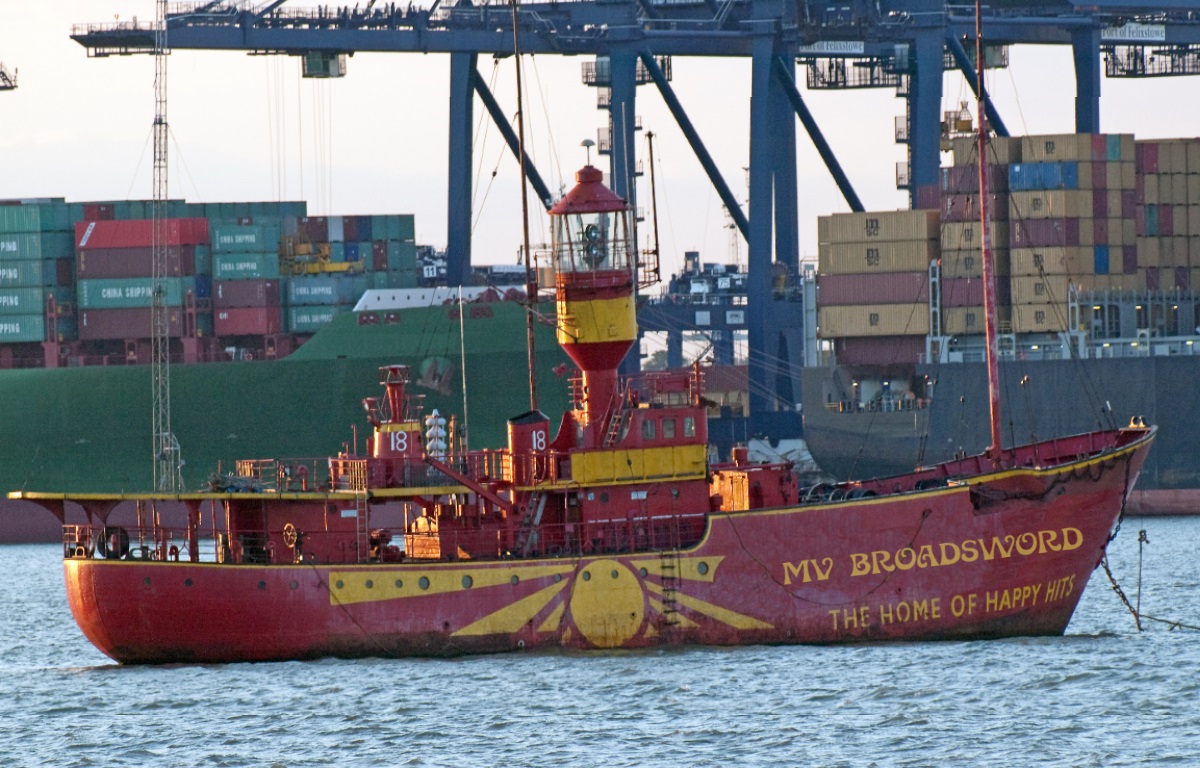
Guardian owner to discuss Observer sale days before strike action

Journalists at The Guardian will stage their first strike action in over half a century next month in protest at its publisher's decision to sell The Observer, the world's oldest Sunday newspaper, to a five-year-old start-up.
Sky News has learnt that staff will walk out for two days on December 4 and 5 amid an escalating row over the title's future.
One insider described the two-day strike as the first in what could be a series of actions by staff.
Sources said on Wednesday that directors of the Scott Trust, the ultimate owner of the Guardian and Observer newspapers, would discuss whether to back the sale to Tortoise Media at a meeting next Monday.
They are expected to support the decision of Guardian Media Group (GMG) management to proceed with the negotiations, with Anna Bateson, the company's chief executive, having promised to reach a conclusion before Christmas.
The Scott Trust has pledged to retain a small stake in The Observer if the deal goes ahead.
The exclusive discussions with Tortoise Media - which were revealed by Sky News in September - have been made more complex by the apparent emergence of two consortia expressing interest in making a counterbid for The Observer.
One source said that while GMG had been contacted by representatives of two putative investors, they had offered no detail about their underlying backers.
Lord (David) Sainsbury, a member of the supermarket chain's founding family, has been rumoured for weeks to be involved in one of those possible rival offers.
However, emails to a media enquiries address posted on his website were returned as undeliverable, and it was unclear whether the peer had any interest in owning a stake in The Observer.
Ms Bateson told GMG employees last month that when Tortoise Media - co-founded by former Times editor James Harding - approached it about buying The Observer, "we were already beginning to think about the future of the title, given its financial situation and the fact it is a UK-only, Sunday print newspaper".
"It became clear that this was a serious offer that could create a more sustainable business strategy for The Observer."
Mr Harding has promised to continue publishing The Observer as a Sunday newspaper, although media executives have questioned the viability of doing so in the long term.
He has confirmed talks to raise £25m from new and existing shareholders to invest in The Observer.
If the deal proceeds, it would represent the first change in ownership of The Observer, which was first published in 1791, in over three decades.
Sources said that the most recent industrial action involving Guardian journalists took place in 1971, as part of a general strike coordinated by the TUC.
In recent days, ACAS has hosted talks between the newspapers' chapel and GMG management, without a resolution being reached.
Current and former staff have accused GMG and the Scott Trust of betraying a commitment to protect the newspaper.
Ms Bateson moved to address that criticism last month, saying that "The Scott Trust exists unambiguously to support the Guardian" and citing minutes from a 1993 board meeting.
She also warned employees that if the sale to Tortoise Media collapsed, "the status quo is not an option", with "difficult choices" needing to be made "urgently".
Last month, an open letter signed by leading figures from the arts and culture including Bill Nighy, Hugh Grant, Mary Beard and Ralph Fiennes labelled the prospective deal "disastrous".
"While figures of £100m are being bid for other publications [a reference to the recent sale of The Spectator magazine], this poorly funded approach sets the value of the Observer at or near zero," the letter said.
Earlier this week, a GMG spokesperson said: "We recognise the strength of feeling about the proposed sale of the Observer.
"We know that potential change is unsettling and appreciate that NUJ members wish to make their views heard.
"Our priority is to do what is right for the Guardian and the Observer so that both titles continue to promote liberal journalism and thrive in a challenging media environment.
"We will continue our talks with the NUJ."





